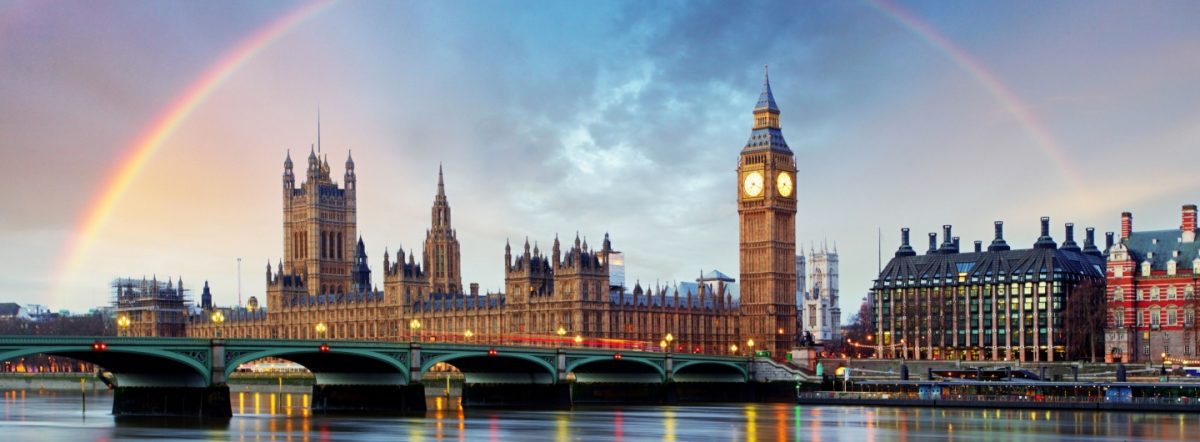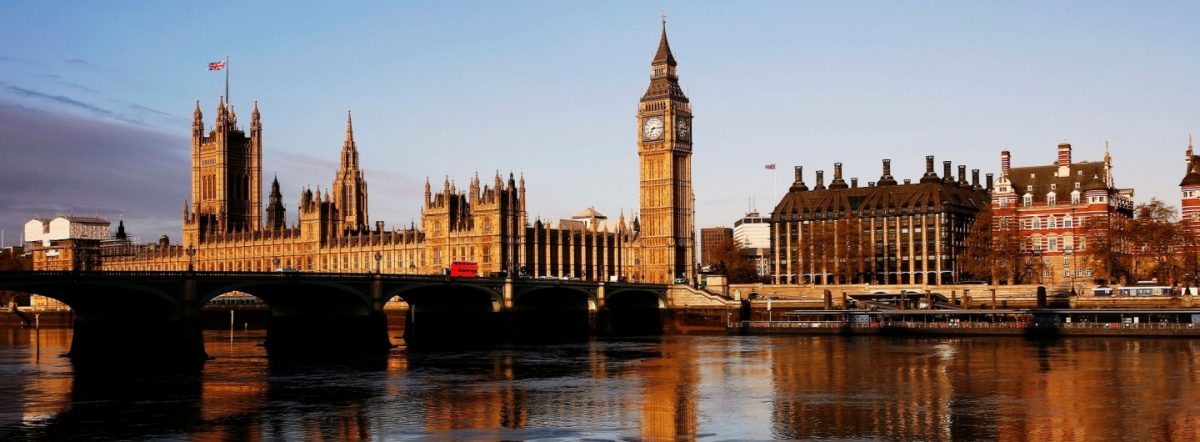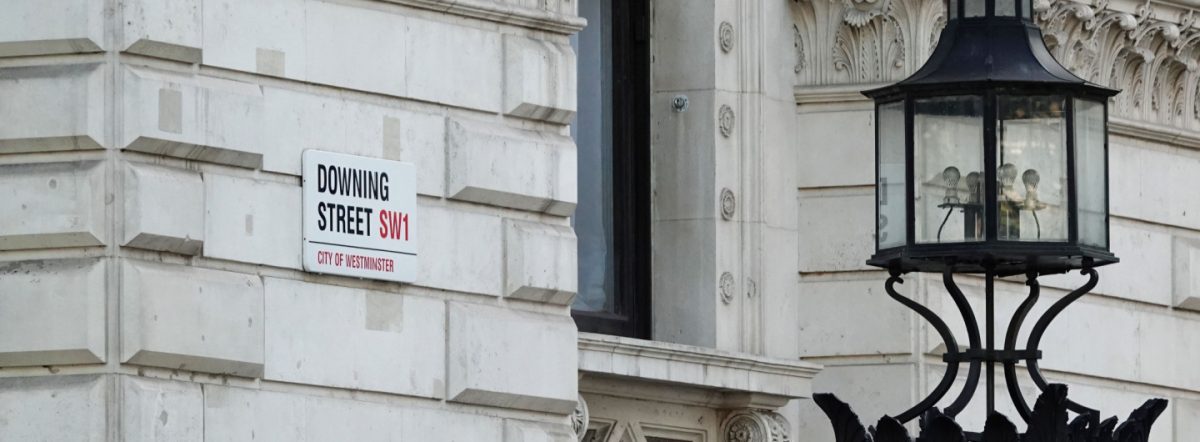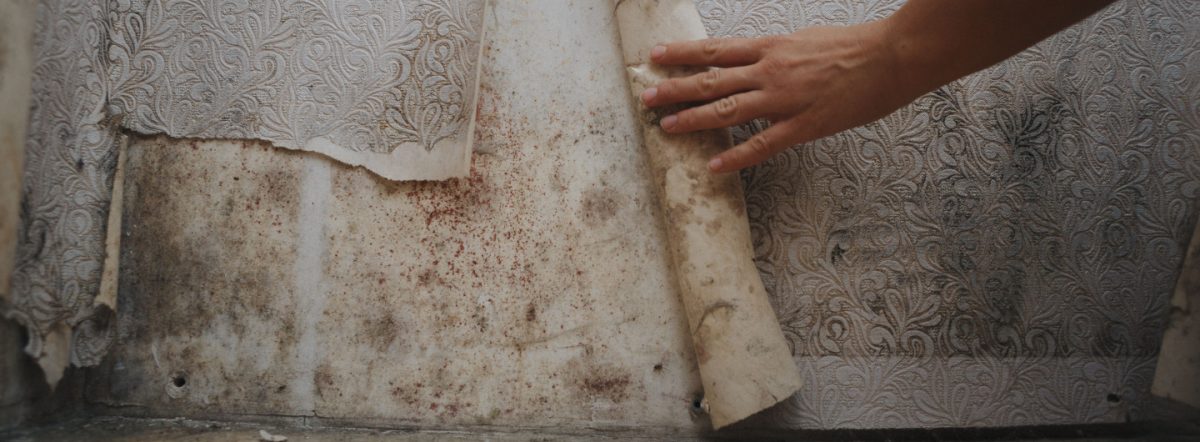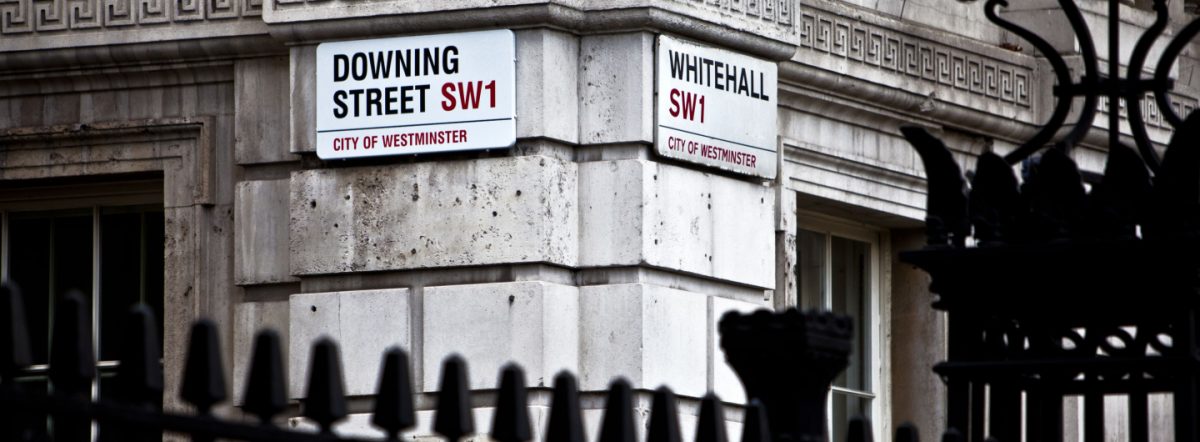3.2 million pensioner households are facing unaffordable energy costs MPs heard today, with around 964,000 households in deep fuel poverty, meaning they spend more than 20% of their income on energy. [1]
On the day that the Prime Minister announced a potential u-turn on the decision to axe Winter Fuel Payments for millions of pensioners, MPs on the Work and Pensions Select Committee heard evidence on the tests any changes to the Payments need to pass.
A spokesperson for the End Fuel Poverty Coalition commented:
“Any u-turn is welcome, but what matters now is the detail, especially if Winter Fuel Payments are not restored to all pensioners.
“There are three tests we will apply to any announcement based on thresholds, tapers and wider targeting to see if ministers are getting the message.
“We need to see the Pension Credit threshold raised significantly, a taper system introduced to stop people missing out on Winter Fuel Payments for being just £1 over the line, and wider targeting of this support, including for those on non-means tested disability benefits or Carer’s Allowance.
“Above all, ministers must learn lessons from this scandalous decision. Sadly, there are rumours that the Chancellor is planning to water down the Warm Homes Plan promised in the Labour manifesto and reduce the £13.2bn promised to it.
“Any dilution of the proposals will mean fewer older people can be helped to reduce their energy use in a safe way.
“Pensioner fuel poverty is often hidden away behind closed doors and ultimately pensioners need warm, energy-efficient homes, not more sticking plasters.”
The Committee’s evidence session also heard that health workers are also raising an alarm about pensioner poverty.
A recent Medact survey found that three-quarters of clinicians regularly see patients made ill by poor housing conditions, and almost half have discharged patients into homes they knew would make them sick again.
According to Age UK, 35% of pensioners earning less than £20,000 said their home was too cold most or all of the time this January, and nearly half said they were worried about the effect of energy prices on their health.
The Coalition is also urging MPs to accept the recommendations of the Future of Local Welfare Inquiry report and make the Household Support Fund permanent. Campaigners have also called MPs to back reform the Warm Home Discount, and modernise the Cold Weather Payment into an “Extreme Weather Payment” that reaches vulnerable households before temperatures drop dangerously low.
MPs also heard that it was vital that there is the introduction of a unit rate-based social tariff to permanently reduce bills for those on low incomes, with medical needs, or in energy-inefficient homes. The tariff must be automatically applied using data shared between the DWP, NHS, HMRC, and energy suppliers, and funded progressively—ideally through general taxation or a central industry levy.
ENDS
[1] Tables in Annex A and B [pdf]. Official government figures used a different, flawed, model of calculating fuel poverty. For more discussion on this issue, read the Coalition’s response to the Government’s fuel poverty strategy review. In 2023 [pdf], around a third of fuel-poor households don’t qualify for any benefits – and that was before the WFP cuts, so this figure is likely to have risen.

